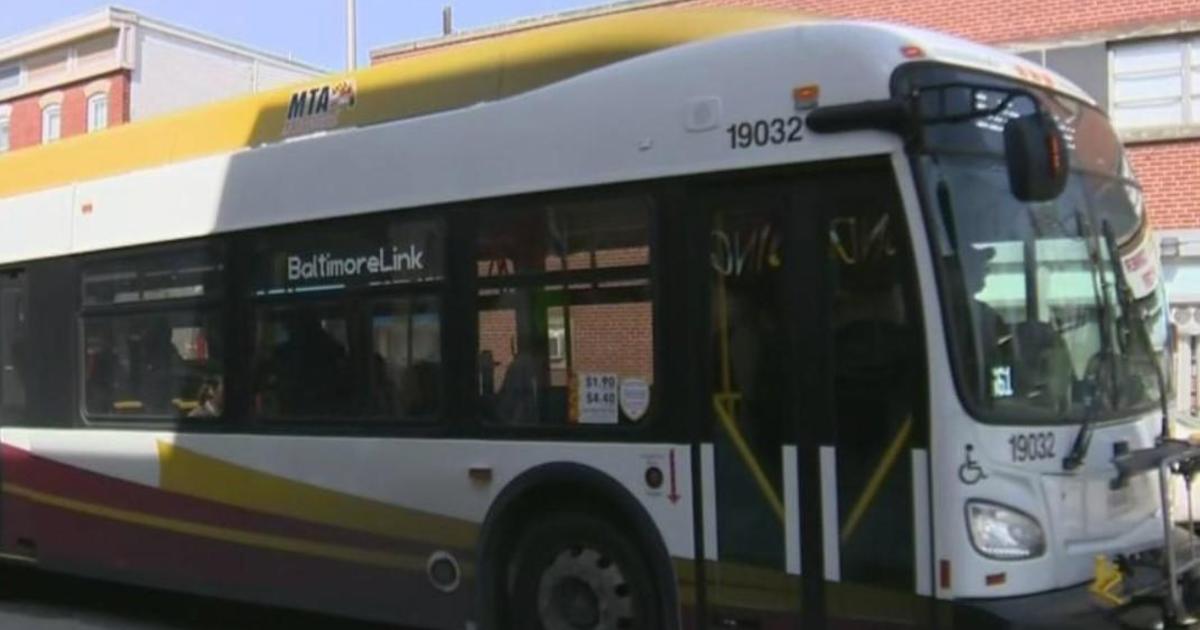AAA Says Heatwaves Bring A Wave Of Breakdowns. Here's How To Avoid Trouble
NOTTINGHAM, MD. (WJZ) -- Maryland is in the midst of another summer heatwave, and AAA said the extreme temperatures increase the likelihood of car catastrophes.
The heat puts stress on car batteries and makes cars more likely to overheat, increasing the risk for a blowout.
"Weather extremes place stress on batteries, and that stress is cumulative over time. So, with each passing day of a heatwave, AAA is more likely to see weather-related calls for battery service," said Edward Hickey, Club Fleet Manager at AAA Mid-Atlantic.
AAA said from Sunday to Tuesday, they responded to 5,095 calls for Emergency Roadside assistance in Maryland with nearly 1,300 calls for battery-related service.
"In this heat, a breakdown is not just an inconvenience. It can literally put drivers and their passengers at risk, especially those traveling with children or seniors," Hickey said.
AAA said some warning signs that your battery is struggling is if the starter motor cranks the engine slowly, or if the battery warning light illuminates on the dashboard.
On older cars, dim headlights can indicate a weak battery.
AAA offered these tips to stay safe during high-heat travel:
- Test your battery and, if necessary, replace it BEFORE it dies.
Most batteries last 3-5 years and each day of extreme weather pushes a battery closer to its end.
- Make Sure Tires Are Properly Inflated.
Driving on under-inflated tires can cause tires to overheat and increase the likelihood of a blowout. This problem becomes even more of a concern when road temperatures are extremely high.
Tires should be checked when the car has not been driven recently, and they should be inflated to the pressure recommended by the vehicle manufacturer – not the number molded into the tire sidewall.
Recommended tire pressures can be found in the owner's manual or on a sticker normally located on the driver's door jamb or the inside of the glove compartment door. Some vehicles use different pressures for the front and rear tires.
While checking the tire pressures - including the spare - drivers also should inspect the tire treads for adequate depth and any signs of uneven wear that might indicate a suspension or alignment problem.
- Check all fluids.
When fluid levels are low, the possibility of overheating increases. Drivers should check all vehicle fluids including motor oil, transmission fluid, power steering fluid and brake fluid to ensure they are filled to the appropriate levels.
If any fluids need to be topped off, be sure to use the type of fluid specified in the owner's manual.
- Stock a Summer Emergency Kit.
Even with proper preventive maintenance, summer breakdowns can still occur, so AAA recommends every driver have a fully charged cellphone on hand so they can call for help when needed and also keep a well-stocked emergency kit (water, non-perishable food items, jumper cables, a flashlight with extra batteries, road flares or an emergency beacon, basic hand tools, and a first aid kit) in their vehicle to ensure everyone's safety while they're waiting for help to arrive.



